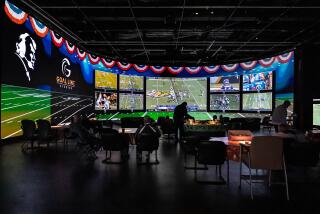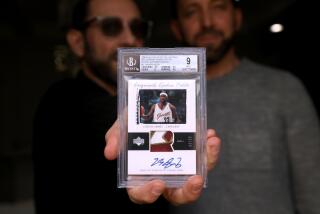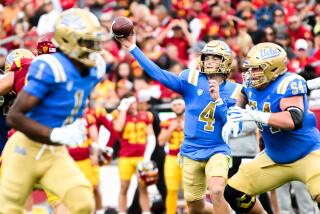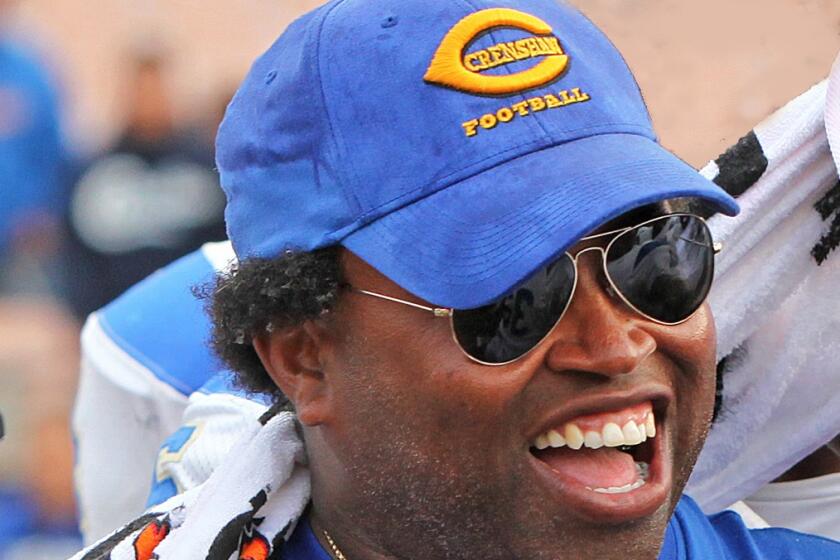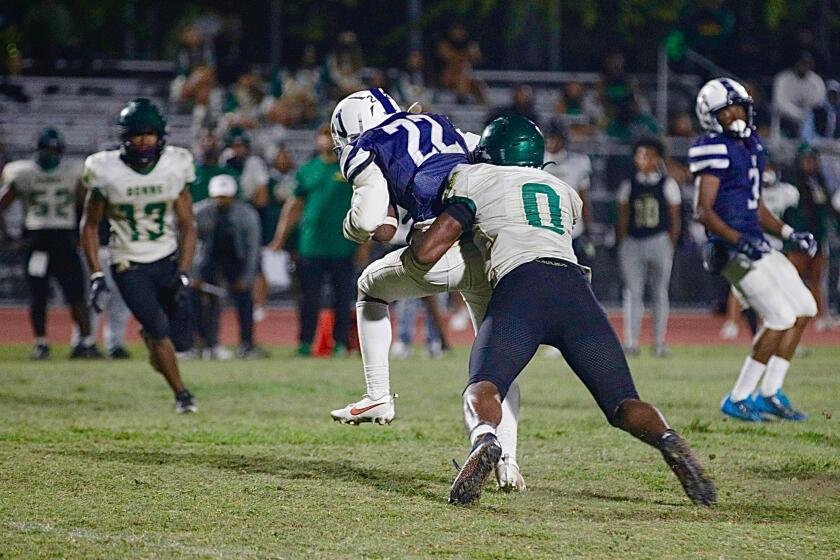As Owner, He Wasnât the Victor
Pro football can be a very dangerous game. I mean, howâd you like to find yourself on the Chicago Bearsâ five-yard line, third and goal, with a minute to play and the Bears four points ahead?
Or would you prefer to be fading back to pass with a guy they call the Refrigerator bearing down on you?
But if the game is tough on the field, itâs supposed to be a piece of cake in the front office. You know. You sit in your luxury box and entertain a dozen of your best corporate friends. You get the best tables at restaurants. Secretaries of state try to get on your jet to go to the Super Bowl, maybe even the vice president.
Itâs the good life, right? The American Dream, ownerâs division.
Well, donât talk to Victor Kiam unless you want to be disenchanted. He owned the Remington electric razor company and a few other lucrative and thriving businesses when the ownership of the New England Patriot pro football team was up for grabs. The Sullivan family, which had owned it since inception, came on hard times--mostly through sponsoring a Michael Jackson concert tour.
Victor Kiam bought the Patriots. He thought it would be a nice hobby, might get his picture in Sports Illustrated. Movie stars promoting their pictures might be coming through and would like to see the Patriots play the Cowboys on a Sunday. Theyâd ring him up.
It looked like the good life. Money as far as the eye could see. The product was expensive, but depreciation was generous and compared to making razors, a glamorous way to make a living.
Then came the day when Kiam, so to speak, found himself on the Bearsâ five-yard line. Standing there with the ball and no one open and a 350-pound lineman with a bad temper trying to get at him.
It all happened because of the leagueâs press rule. The one that said female sportswriters had the same access to menâs locker rooms after the game that men had. This was somehow thought to be because men had an unfair advantage in being able to get to the athletes before they had time to cool down, collect their thoughts. Itâs a highly dubious proposition, but political correctness doesnât always depend on reason.
What happened next was a now-infamous confrontation between Lisa Olsen of the Boston Herald and tight end Zeke Mowatt of the Patriots. Kiam was about to be tackled for a big loss.
In a postgame session in the locker room, Mowatt made what is, by all standards, a disgusting gesture toward Olsen. She was outraged and she said so loudly and publicly.
Well, it became a cause celebre. Some athletes fled into the night recognizing the affair for the ticking package it was. Some sided with Olsen, others sided with Mowatt.
Journalism rallied around Olsen. After all, freedom of the press was at stake here.
Soon, Kiam got drawn in. Not surprisingly, he sided with his player. He found himself quoted as calling the reporter âa classic bitch.â His denials--âI donât use those words!â--were too late.
Lawyers came from everywhere. So did womenâs groups. Depositions flew around like leaves in a high wind. Kiamâs public image was a shambles. Some of Olsenâs depositions seemed to leave questions.
In this one, it seemed, everybody would be a loser. The league levied fines, but there is some question as to whether they were ever collected. Olsen eventually took a newspaper job in Australia.
Meanwhile, back at the counting house, Kiam was like a guy in a bunker. Womenâs groups called for a boycott of his razors and other products. Since he also owned Lady Remington jewelry company, this was not funny.
Lawyersâ fees were crippling. So was public obloquy. The more Kiam protested Olsenâs version of events, the more he emerged as a villain.
Kiam had always been an impetuous entrepreneur. After his wife had given him a Remington razor one Christmas, he liked it so much he bought the company. He did its TV commercials himself.
He didnât always fare so well. He tells of mistakes he made. He had a chance to buy a product featuring a fabric that adhered to itself re-usably without zippers or tracks but he turned it down. It became known as Velcro. He also sold 1,000 shares in a computer chip company called Intel. He sold for $23,500. If he held, those shares would be worth $5 million today.
But he leaped at the chance to buy the Patriots. âI lost $30 million,â he ruefully confessed the other day. He tried twice to move the franchise, he says. He was turned down. He is currently suing the league because at least one of the owners who blocked him has since moved himself.
He finally had to sell the Patriots. He also had to sell part of his Remington holdings to make up for losses. The guy with the ball on the Bearsâ five-yard-line had it easy by comparison.
Kiam, back to entrepreneurship, was in town with his newest product, EarPlanes, a device to banish ear discomfort on airline landings and takeoffs. He has kicked football.
In the musical âAnnie Get Your Gun,â there is a lugubrious character playing the part of Sitting Bull whose constant complaint and refrain to those around him is the advice âNo put money in show business!â
Victor Kiam wishes he had been listening.
More to Read
Go beyond the scoreboard
Get the latest on L.A.'s teams in the daily Sports Report newsletter.
You may occasionally receive promotional content from the Los Angeles Times.
